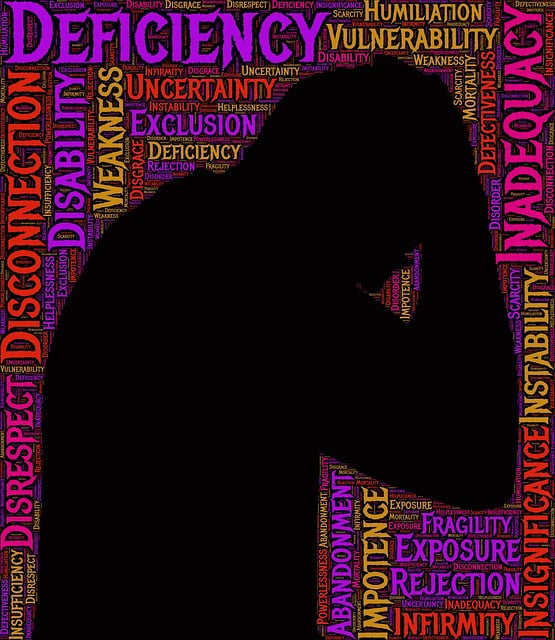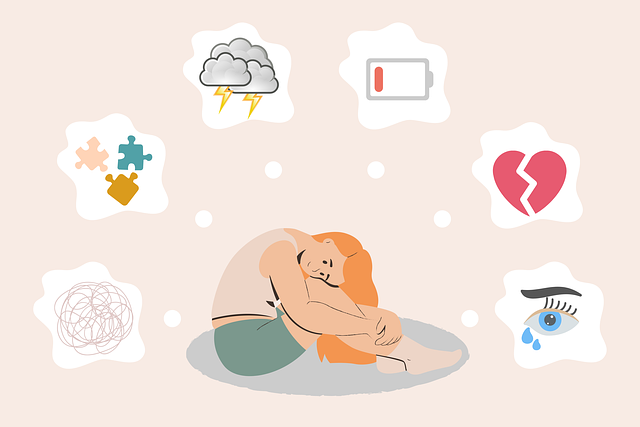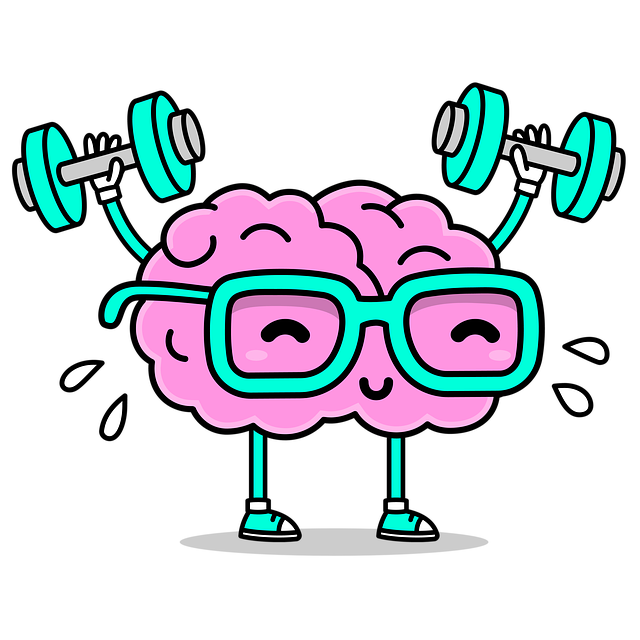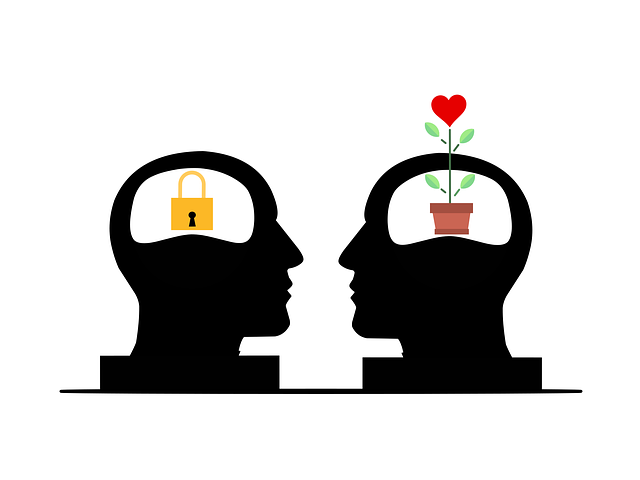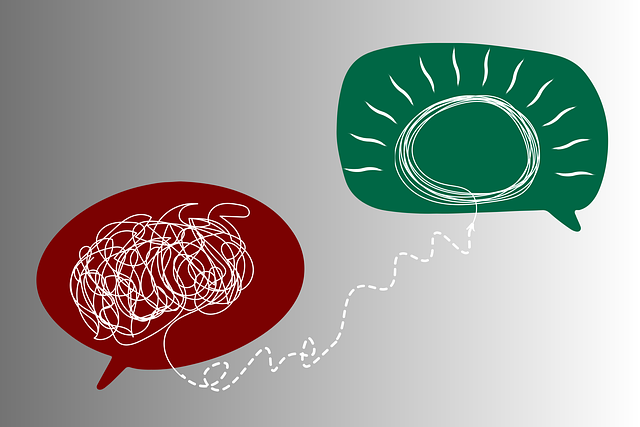Mental illness diagnoses require a comprehensive approach, assessing various aspects of an individual's life and health. Each diagnosis, from depression to PTSD, has distinct characteristics and treatment requirements. Golden Trauma Therapy (GTT) is a specialized mental health service tackling complex trauma roots using unique techniques. This therapy combines talk therapy with creative methods for healing. Accessing structured assistance, like GTT, and implementing personalized coping strategies, coaching, and risk management plans, is vital for long-term mental wellness. A strong therapeutic relationship, built on trust and communication, is key to successful treatment. Self-care, including physical activity, mindfulness, and social connections, alongside professional support, empowers individuals to manage their mental health effectively and improve overall well-being.
Mental illness diagnoses can be complex, but with the right navigation assistance, individuals can find effective treatment paths to improved well-being. This comprehensive guide delves into understanding mental health conditions, exploring innovative approaches like Golden Trauma Therapy for enhanced healing.
We navigate the healthcare system, emphasizing trust and communication in building a therapeutic alliance. Additionally, self-care strategies are highlighted for sustained recovery after diagnosis.
- Understanding Mental Illness Diagnoses: A Comprehensive Overview
- The Role of Golden Trauma Therapy in Treatment Approaches
- Navigating the Healthcare System for Effective Support
- Building a Therapeutic Alliance: Trust and Communication
- Self-Care Strategies for Continuous Well-being After Diagnosis
Understanding Mental Illness Diagnoses: A Comprehensive Overview

Understanding Mental Illness Diagnoses: Unraveling the Complexities
Mental illness diagnoses are multifaceted and often require a comprehensive approach to comprehend fully. At its core, mental health assessment involves a thorough examination of an individual’s symptoms, behavior, emotions, thoughts, and overall functioning. This process is crucial in differentiating between various conditions, such as depression, anxiety disorders, bipolar disorder, schizophrenia, and post-traumatic stress disorder (PTSD), among others. Each diagnosis carries its unique set of characteristics, symptoms, and treatment considerations. For instance, Golden Trauma Therapy focuses on addressing complex trauma, offering specialized techniques to help individuals process and overcome their traumatic experiences.
The journey towards a mental illness diagnosis involves several steps, including initial screenings, in-depth evaluations by qualified professionals, and the integration of multiple data points. This meticulous process ensures accuracy and paves the way for tailored treatment plans. Coping Skills Development is an essential aspect often incorporated into therapeutic interventions, empowering individuals to manage their symptoms effectively. Public Awareness Campaigns Development and Community Outreach Program Implementation play a pivotal role in destigmatizing mental health issues and promoting support networks within communities.
The Role of Golden Trauma Therapy in Treatment Approaches

Golden Trauma Therapy (GTT) has emerged as a transformative approach within mental health treatment, offering unique benefits for individuals navigating complex emotional landscapes. This therapeutic method focuses on addressing past traumas and their impact on present-day functioning, which is often a pivotal aspect of many mental wellness challenges. GTT provides a safe space for clients to explore and process traumatic memories, helping them gain insight into their feelings and behaviors.
By combining elements of talk therapy with creative techniques like art or writing, GTT facilitates a multi-dimensional healing process. For instance, Mental Wellness Journaling Exercises can be integrated to help individuals track their emotions and thoughts, while Stress Management Workshops organized by support groups teach practical Conflict Resolution Techniques. This holistic approach empowers clients to take control of their mental health journey, fostering resilience and promoting long-term well-being.
Navigating the Healthcare System for Effective Support

Navigating the healthcare system can be a daunting task, especially when dealing with mental illness. Many individuals struggle to find the right support and resources, often feeling lost in a complex web of options. Effective navigation assistance is crucial to ensure that those seeking help receive timely and appropriate care. This involves guiding patients through various healthcare services, including access to therapists like Golden Trauma Therapy, psychiatrists, and support groups.
A structured approach can significantly enhance the process. Mental health professionals can play a vital role in this by offering guidance tailored to each patient’s unique needs. Implementing Risk Management Planning for Mental Health Professionals ensures safe practices while facilitating referrals. Additionally, promoting Mental Wellness Coaching Programs Development and Coping Skills Development within the system equips individuals with essential tools for long-term mental wellness. These strategies collectively contribute to a more efficient and patient-centric healthcare journey.
Building a Therapeutic Alliance: Trust and Communication

Building a strong therapeutic alliance is pivotal for effective mental health treatment and recovery. At the heart of this relationship lies trust and open communication—essential elements that facilitate a safe space for individuals to explore their thoughts, emotions, and experiences. When navigating complex mental illness journeys, clients often require a supportive partner who understands their unique struggles.
Therapeutic alliances, when fostered successfully, empower individuals to confront challenges with resilience. Golden Trauma Therapy, employing evidence-based mind over matter principles, encourages active participation in the healing process. Through this collaborative approach, therapists and clients work together to develop coping strategies tailored to their specific needs. The result is a boosted sense of confidence, enabling them to navigate life’s difficulties with renewed hope and improved mental wellness.
Self-Care Strategies for Continuous Well-being After Diagnosis

After receiving a mental illness diagnosis, prioritizing self-care becomes paramount for maintaining continuous well-being. This involves incorporating sustainable practices that cater to both mind and body. Engaging in regular physical activity, such as Golden Trauma Therapy, has been shown to significantly reduce symptoms of anxiety and depression while promoting better sleep. A balanced diet and adequate hydration further support mental health by ensuring the brain receives essential nutrients for optimal function. Additionally, practicing mindfulness techniques like meditation or deep breathing exercises can help manage stress and foster inner strength development.
Nurturing social connections and seeking professional support are also crucial self-care strategies. Building a strong support network provides a sense of belonging and allows individuals to share their experiences without stigma. Incorporating cultural sensitivity in mental healthcare practice ensures that treatments align with personal beliefs and values, enhancing overall effectiveness. By combining these self-care practices, individuals can better navigate their mental health journey, cultivating resilience and pursuing a path towards improved mental wellness.
Mental illness diagnosis is a significant milestone, but effective treatment navigation is key to recovery. By understanding diagnoses, exploring innovative therapies like Golden Trauma Therapy, and building strong therapeutic alliances, individuals can access tailored support. Self-care plays an equally vital role in maintaining well-being. Armed with knowledge and coping strategies, folks can navigate the healthcare system, embrace healing, and cultivate a resilient mindset for a brighter future.



